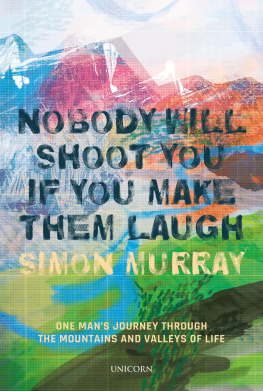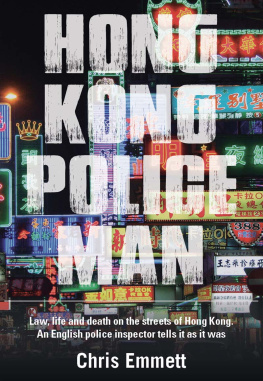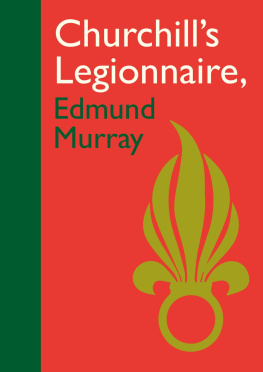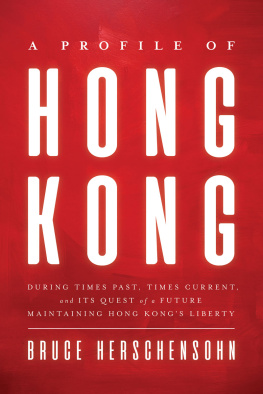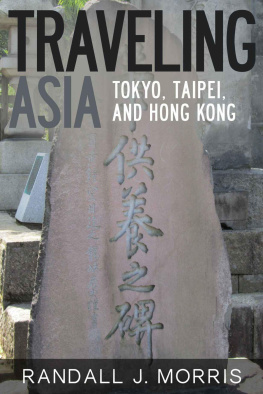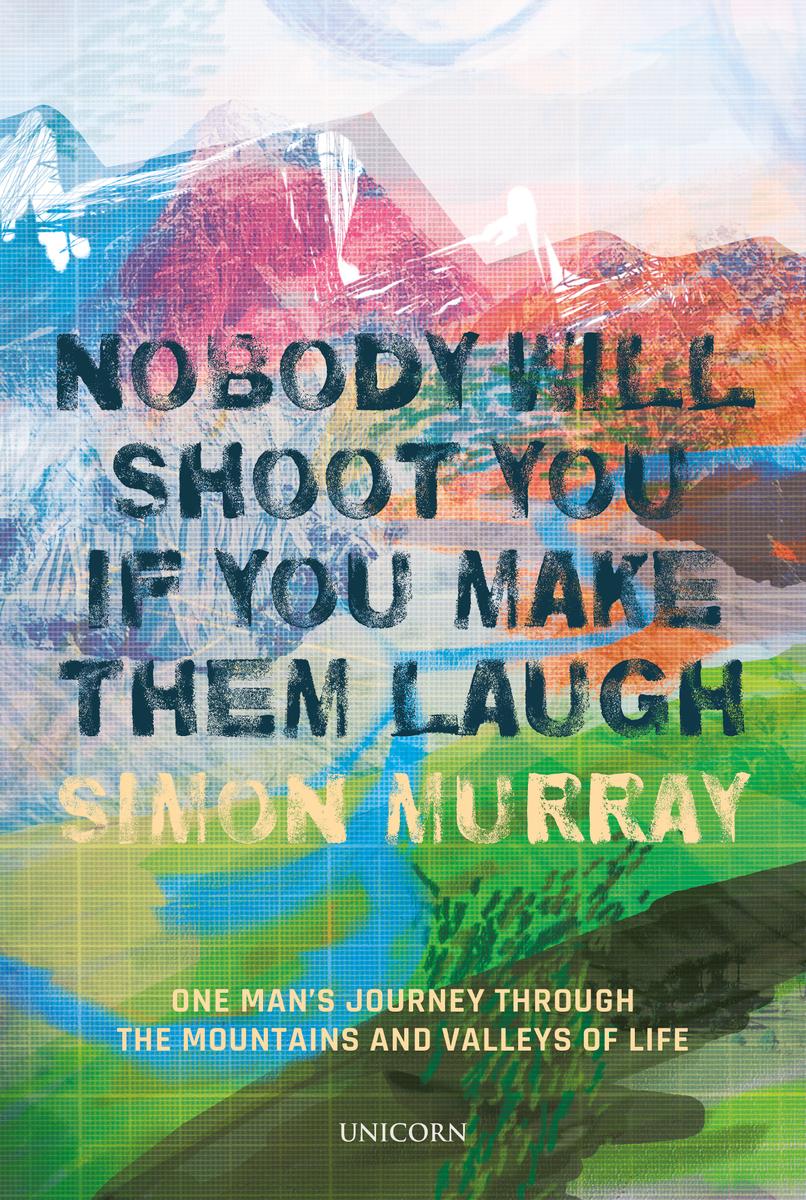Once, whilst travelling in Africa, I very nearly met my end. And it was not during my time in the Foreign Legion. Four of us were in a jeep driving from South Africa to Botswana. Botswana and South Africa were technically at war with each other at the time. Looking at the map as we set off, I explained to my companions that the drive on the highway was approximately 150 miles but we could take a shortcut through the woods that would reduce the distance by nearly sixty miles. I mentioned possible dangers of going through the woods, such as a breakdown of the car, animals, unfriendly warriors and the rest but we all agreed the woods was the best way. And so to the woods it was.
After travelling across the border into Botswana, we came to a village. A village of some forty-odd mud huts. No concrete buildings. Fires were burning outside all the huts. Clearly it was lunchtime. I stopped the jeep in the middle of the village and as I did so, we were surrounded by aggressive looking locals with sub machine guns.
They made us get out of the jeep. I was showing them our British passports and telling them we were English, not South Africans. It fell on deaf ears. They made us sit on a rock for three hours and raised their guns if one of us even coughed.
Twenty yards away was a tent open on both sides where we could see the chief of the village. He was seated at a small table with his chin in his hands and his elbows on the table, watching us. He did not move in those three hours. Our passports were on the table in front of him and I had the impression he was daring us to make a run for them.
Eventually, very slowly, I stood up. The guns came up and I made gestures to show I wanted to speak to the boss. Slowly, very slowly, I walked towards the tent with the four machine guns two inches behind me and lots of mumblings.
In front of the bosss table was a small stool and I sat down and looked at him. He still did not move.
There was a woman on the floor beside him stirring some sort of gruel. Very slowly, so that I was hardly moving at all, I took a coin from my pocket and held it in front of the boss in between my forefinger and thumb. He glared at it in silence. I said not a word and I brought my left hand over the coin and then suddenly opened both my hands wide in his face and held them there. The coin was gone.
His face was a mixture of wonder and amazement with a slight trace of fear.
And then the woman on the floor pointed at me and said, You Magician?
I said Yes, keeping my open palms in place.
And she said, pointing at the boss, He, my husband Can you make him disappear?
It took all my self-restraint to keep my cool and not dissolve into laughter, but with a straight face I said, Yes. But if I make him disappear, very difficult to bring him back.
And she said Good, good, good.
And he said, Nor, Nor, Nor, I dont wanna disappear.
He grabbed the passports and thrust them into my outstretched hands and said, Go. Go. Go.
And we were into the jeep and out of there with a great wave to the bosss wife.
The moral of the story is, when travelling in remote areas always have a trick or joke ready. Jokes dont always work, because sometimes jokes dont cross frontiers, but a trick will always open the gate.
You smug-faced crowd with glittering eye
Who cheer when soldier-lads march by,
Sneak home and pray youll never know
The hell where youth and laughter go
Siegfried Sassoon
Sergeant Dornach got to work on the heads with a small, sharp penknife, cutting across the necks. I was numb inside and felt nothing as I watched him hack away, with bloodied hands. It was like something from Macbeth. His face was devoid of any expression and he could well have been skinning a rabbit. It took him an hour to remove the three heads.
By this time our company, two miles further down the valley, fearing trouble, had sent men back to look for us. I could hear them calling our names. Dornach put his bloodied finger to his lips for silence. He did not want us to be found by any enemy lurking in the vicinity cutting heads off their compatriots.
The shouts came closer and suddenly I heard my name called from a few yards away and I yelled back in response. Dornach dropped his knife, grabbed his machine gun and pointed it straight at me. He was seething, hissing at me to shut my fucking mouth or he would blow my guts out.
He finished his work and gave me two of the heads to carry in my musette, my punishment for calling out. The third head we left it was unrecognisable.
Down the valley we trudged, the heads dripping blood in my sack and onto my sleeping bag, over my rations, and down my back. Heads are heavy. It took us another three hours to get back to the camp by which time it was dark and the other legionnaires were cooking their sparse rations over campfires.
An officer from the Deuxime Bureau, the French intelligence service, came over to inspect the heads by the lights of a jeep. He confirmed from photographs in his file that they were Arabs serving in the French regular army, who had deserted after killing their French officers and joined the Fellagha rebels.
Five hours earlier, when we had reached the valley bottom the first time, we had been met by the officer of the Deuxime Bureau, and Dornach had been instructed to go back with two volunteers, (as if anyone would actively volunteer for this grisly task), which ended up being Auriemma and myself. We were to bring back the heads of the three Arabs we had shot earlier in the day for identification purposes. Cameras would have been helpful, but we hadnt thought of that. It was dangerous stuff. If any Fellagha were lurking around and found us cutting heads off their mates, they might turn nasty.
The heads matched the photos in the Deuxime officers files. Mission accomplished. Revenge complete.
The Arabs serving in the French armed forces were known as Les Harkis. They fought alongside us many times. They were fine soldiers, but as the war dragged on some began to have their doubts as to which side they should be on.
I was told to get rid of the heads, which I did, carrying them by their blood-soaked hair, one in each hand, and tossing them into the bushes. But the day wasnt over yet. Some Spaniards in the Second Section had made a small cauldron of soup by adding water to the dehydrated soup packets in our rations. They had all eaten and there was still soup left over. Unusual!
They hailed a German legionnaire, named Schreiber, and invited him to fill up his tin mug. Just as he was about to put the soup to his lips, one of the Spaniards reached into the cauldron and pulled out by the hair one of the heads that he had found in the bushes. Schreiber, who was much disliked, froze for a second, turned white, and then started shouting for Ruth, at the same time giving us a display of his innermost feelings. Everyone laughed, except Schreiber. I laughed too; there are times when I still worry about that laughter.
After finishing our bouff at the campfires, we boarded our trucks and drove back to Medina, our advanced base camp. Exhausted after nearly twenty hours of being on patrol, we just about had the energy to take down the tents. Towards midnight we set off in our GMC trucks for another four-hour drive to our new base camp in the Chelia Mountains. My thoughts turned to Christmas, just days away! Jingle bells all the way!

